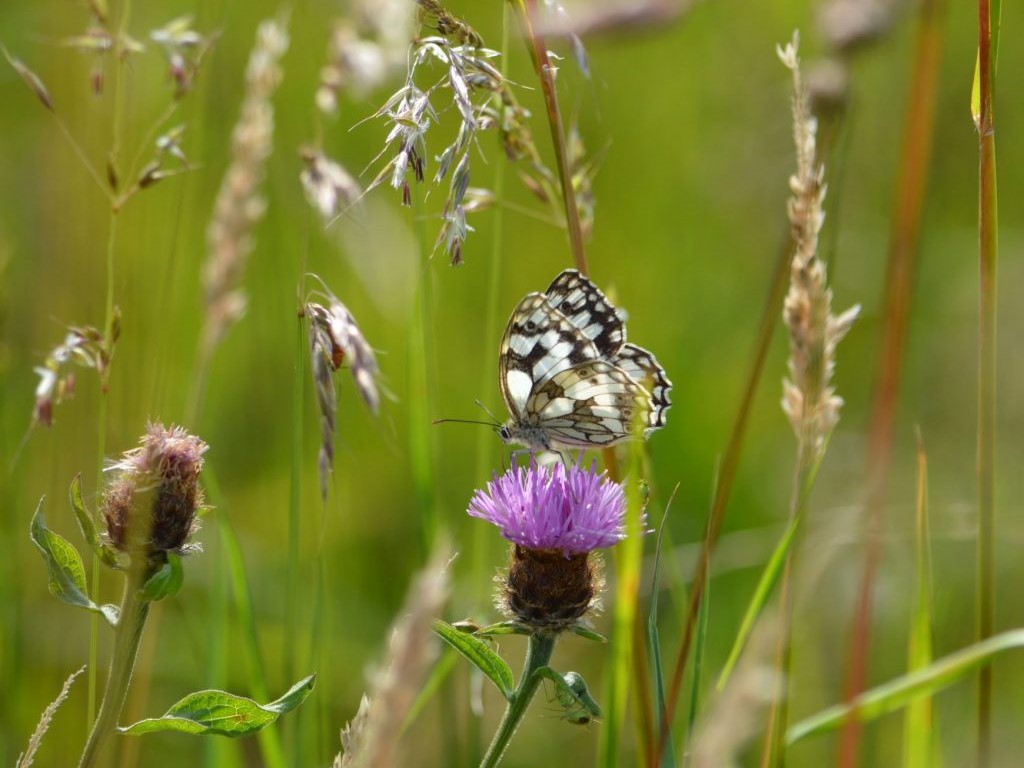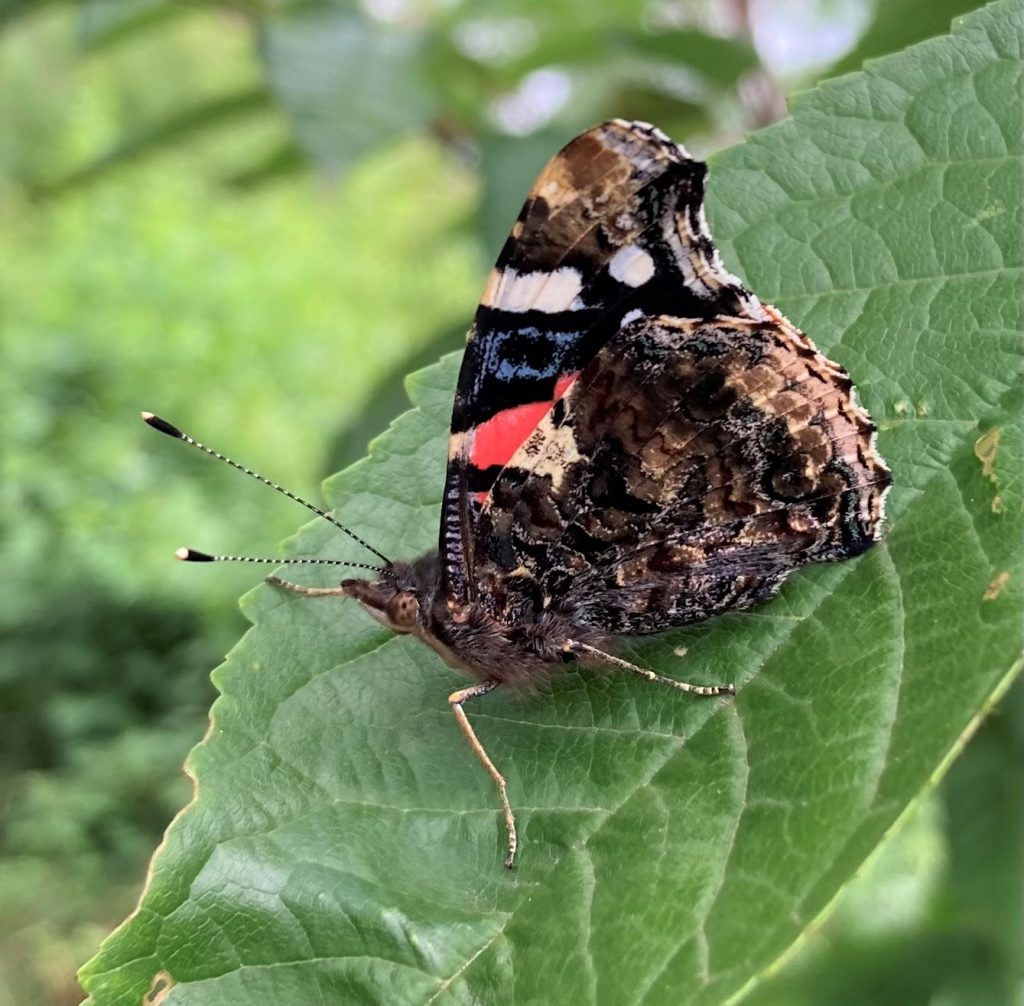
We have reached the end of the Big Butterfly Count 2021, which took place between Friday 16th July and Sunday 8th August. It’s the world’s biggest survey of butterflies and is aimed at assessing the health of our environment by recording the number of our most common butterflies and day-flying moths.
But don’t worry if you didn’t get to take part this year; it is an annual event, so make sure to look out for it next year! To take part, all you need to do is spend 15 minutes counting butterflies on a sunny day. You can count from anywhere you like, such as in the garden or park, in the woods or fields or wherever you find yourself outdoors. You can submit your results online on the Big Butterfly Count website. For a list of handy butterfly ID guides as well as some tips on how to distinguish certain species, take a look at our previous blog post here.
This count is extremely important as butterflies are vital to the ecosystem, as pollinators and within the food chain. Populations have decreased significantly since the 1970s, therefore monitoring butterfly numbers is crucial. We hope that more people have taken part this year, and, as always, many of our staff got involved. Scroll down to see what we found.
We’d also love to see what you’ve spotted if you took part – why not let us know in the comments below.
Results
Catherine spotted all of these butterflies during her lunch break:
Small White: 10
Meadow Brown: 5
Gatekeeper: 9
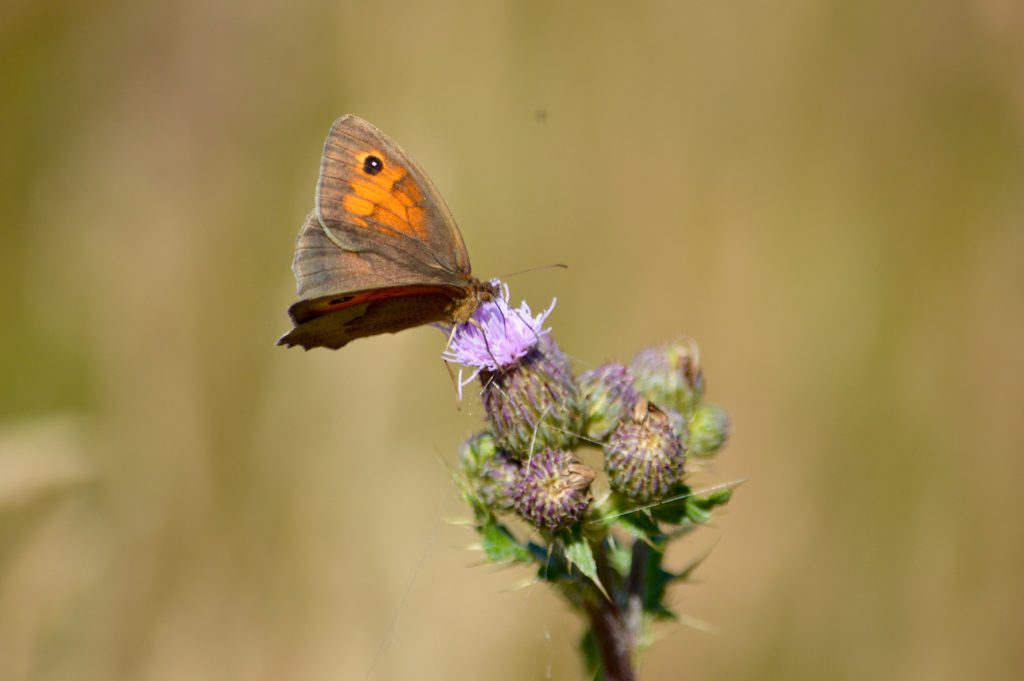
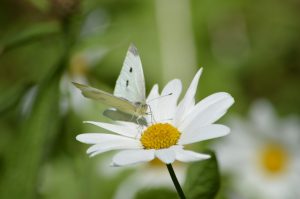
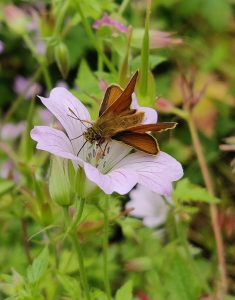
Gemma found:
Large white: 2
Meadow brown: 2
Ringlet: 1
Red admiral: 1
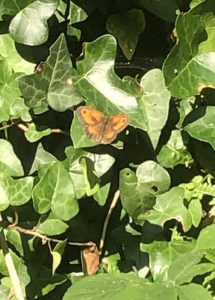
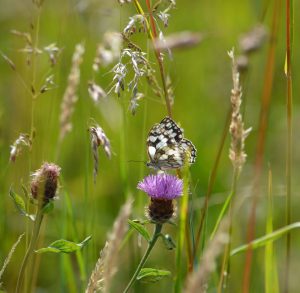
Tonie did the butterfly count by the coast:
Meadow browns: 5
Red admiral: 2
Large white: 2
Small skipper: 2
Marbled white: 1
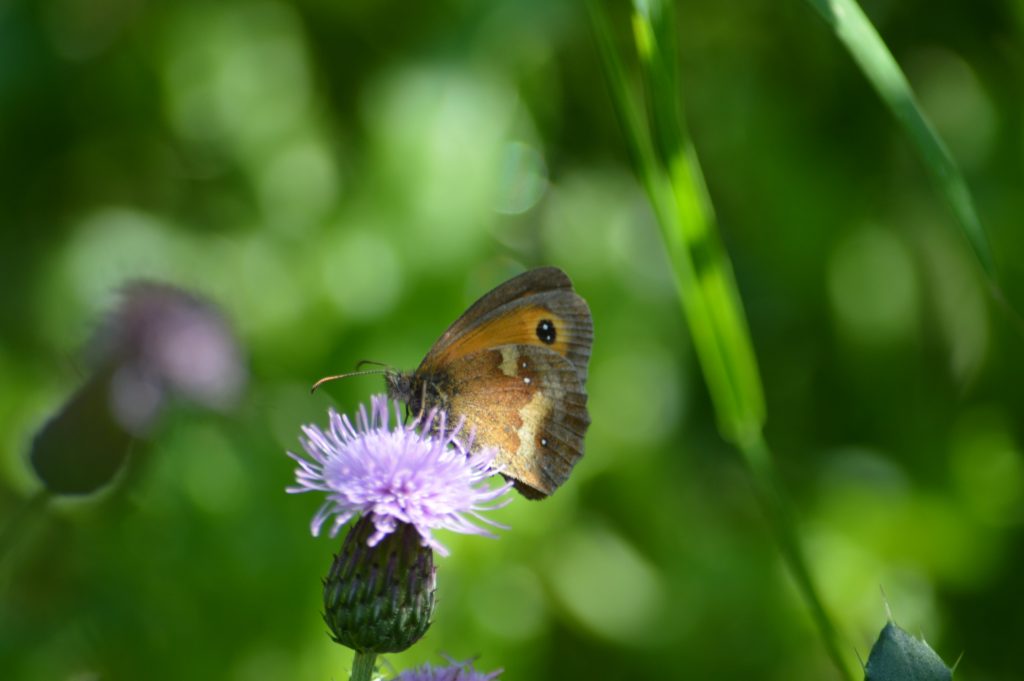
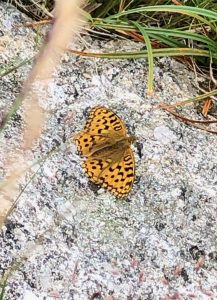
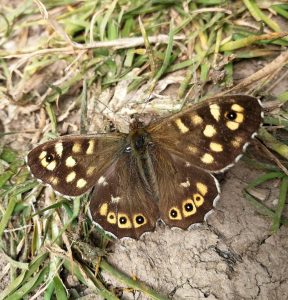
I managed to complete a butterfly count at the end of a hike on Dartmoor:
Small white: 1
Meadow brown: 4
Gatekeeper: 1
Red admiral: 1
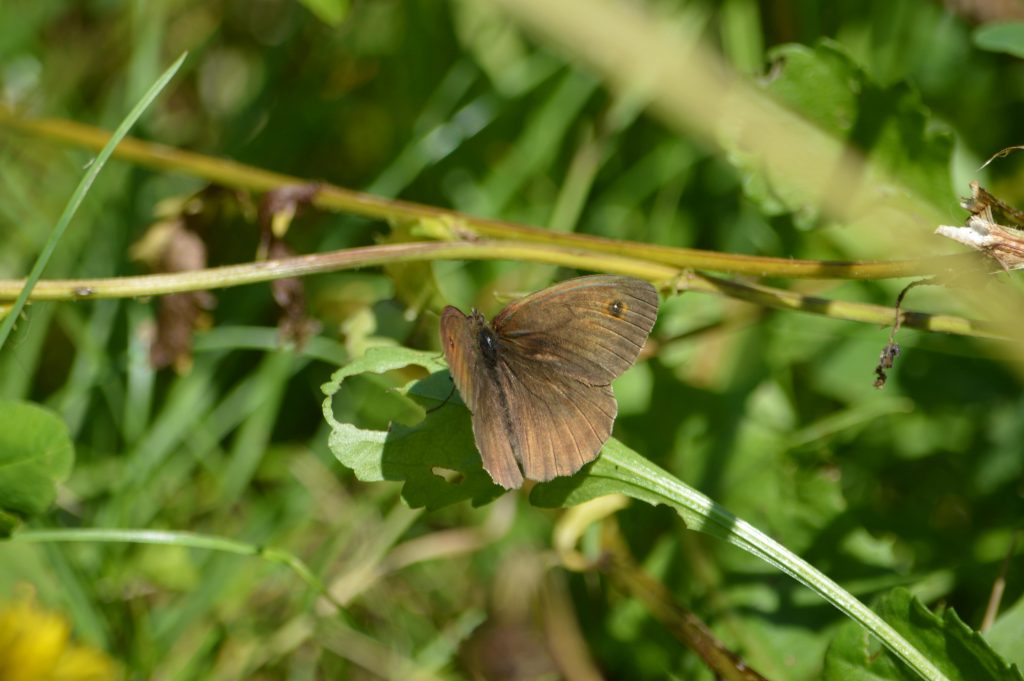
Angeline completed her big butterfly count in Plymouth:
Ringlet: 3
Small skipper: 2
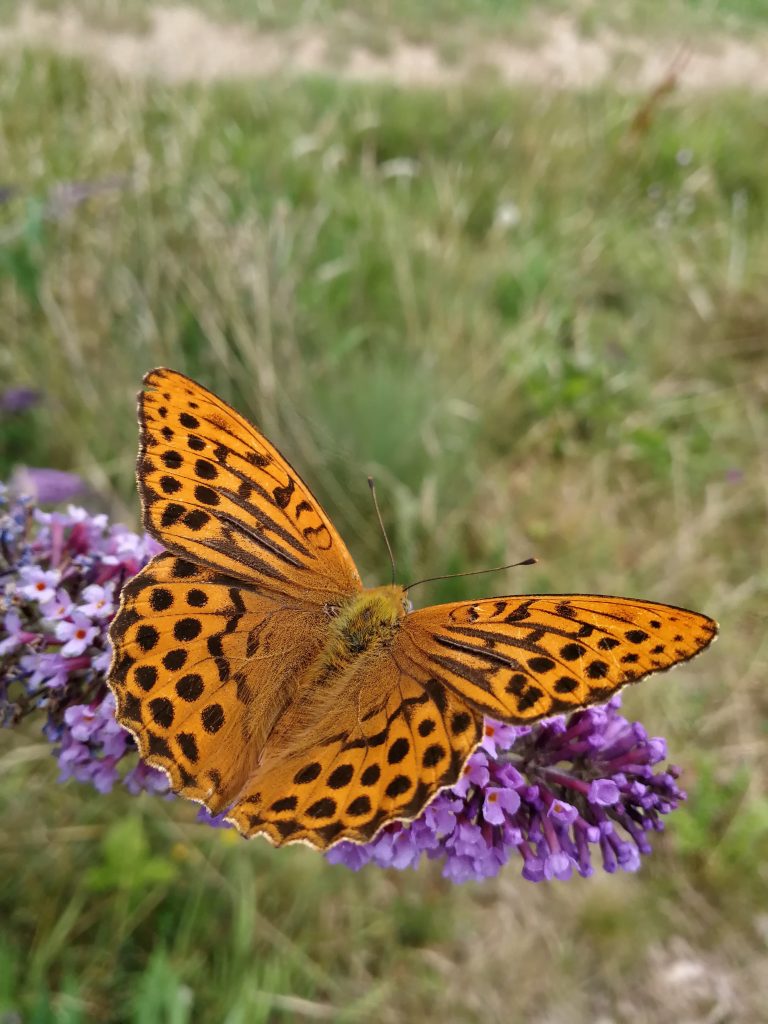
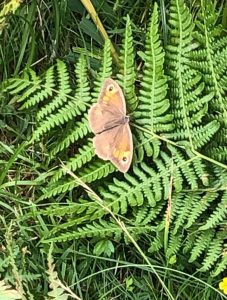
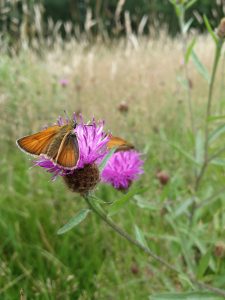
Oli spotted:
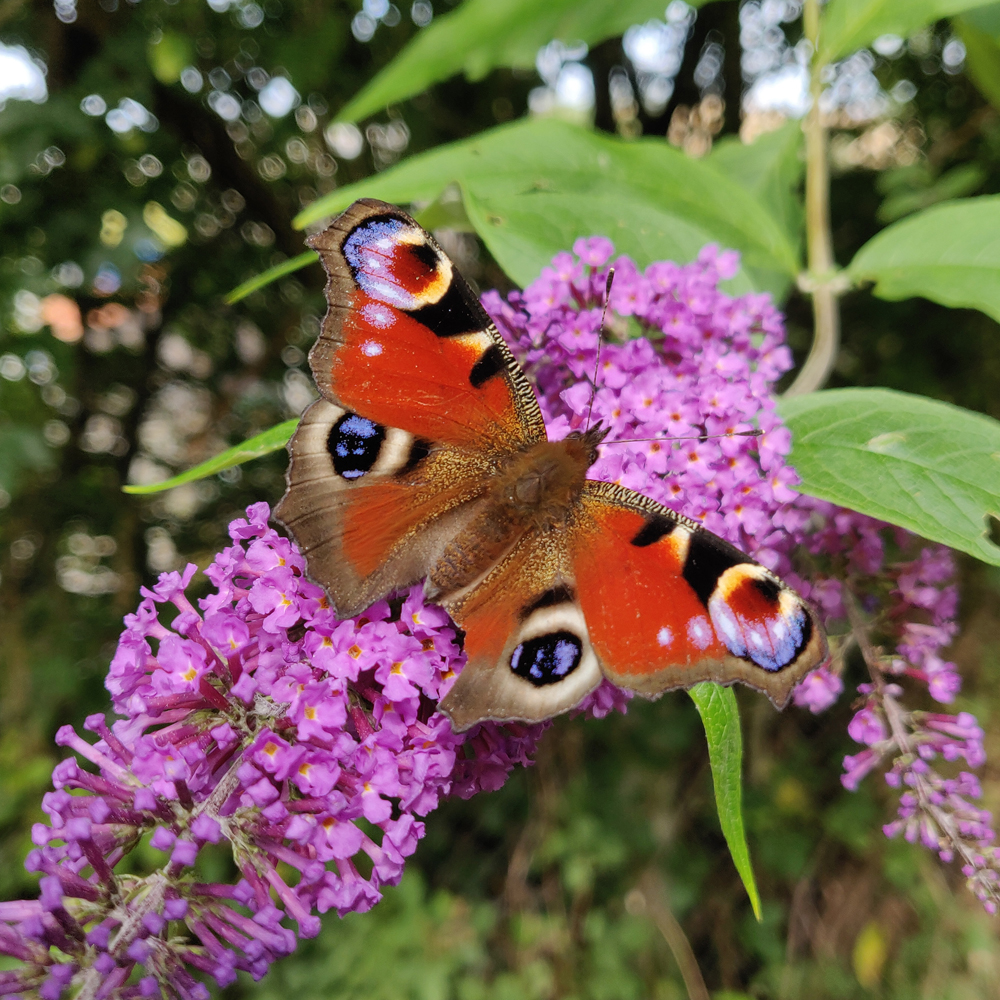
Gatekeeper: 2
Small tortoiseshell: 1
Red admiral: 1
Peacock: 1
Ringlet: 1
Meadow brown: 1
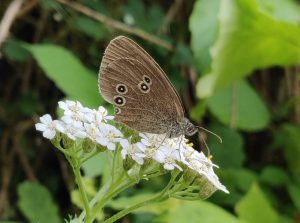
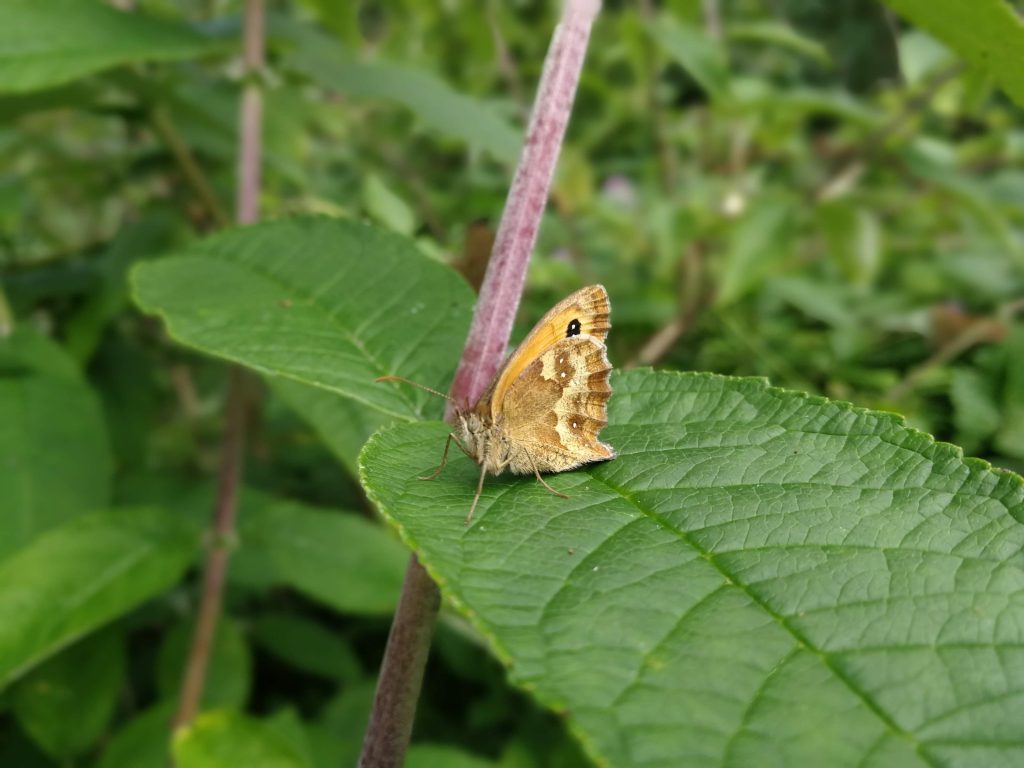
Butterfly Conservation
For more information on UK butterflies and how you can help them, please visit Butterfly Conservation.org. Here you will find a wealth of information to help you find and identify butterflies and moths.

